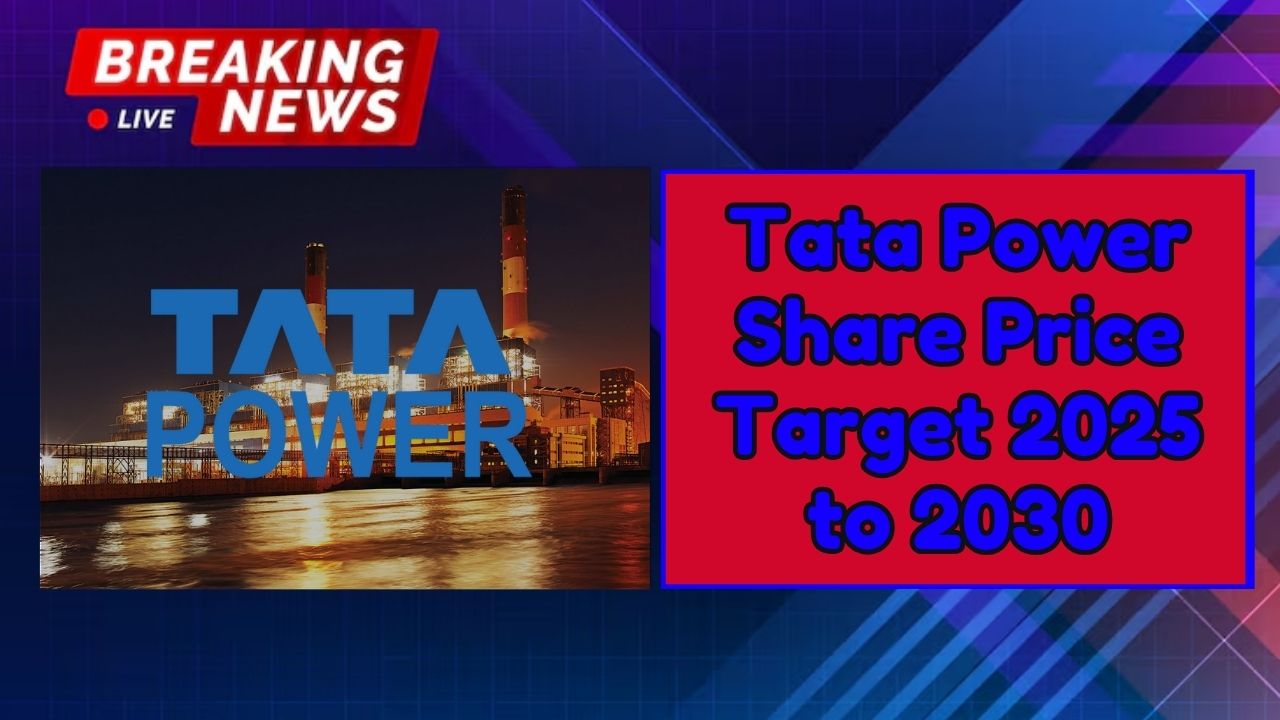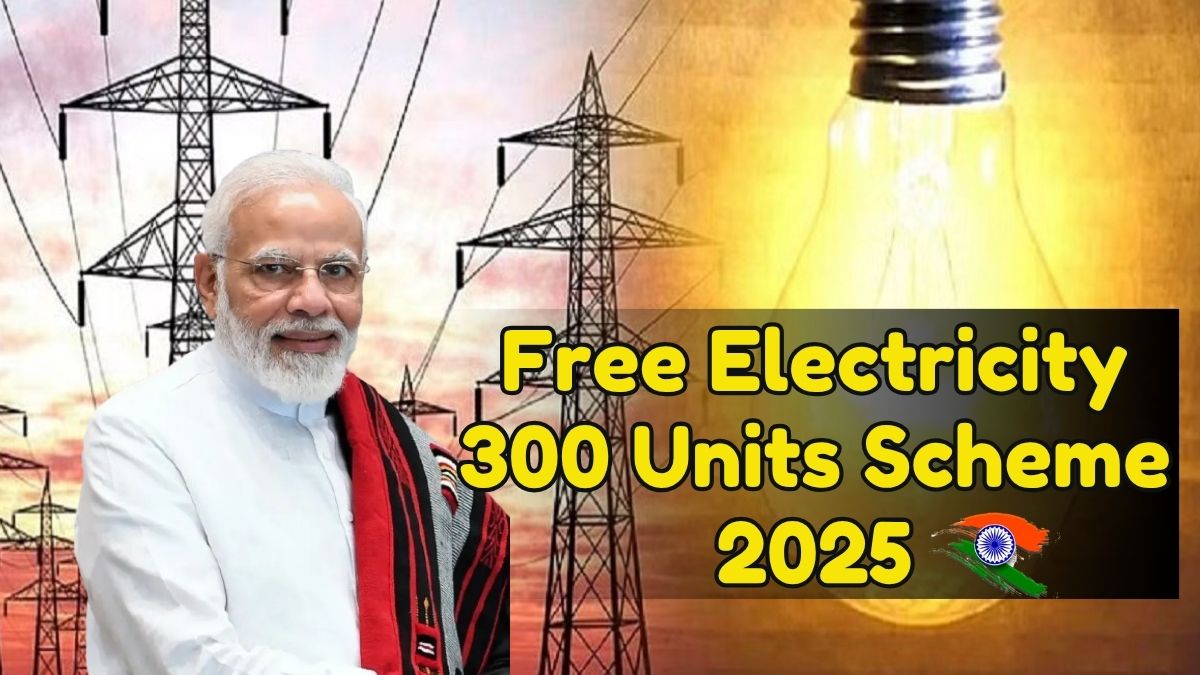Tata Power is one of India’s leading integrated power utilities. The company operates across the electricity value chain. Its portfolio covers thermal and hydro generation, utility scale solar and wind, transmission and distribution in multiple cities, rooftop solar for homes and businesses, solar EPC and modules, microgrids for rural access, battery storage pilots, and a fast growing public and captive EV charging network. The shift toward clean energy and electrification is central to its strategy. Management focus has been on deleveraging, improving operating efficiency, and scaling green projects that carry long runway potential.
Fundamental Snapshot
- Market Cap ₹125,321 crore
- Current Price ₹392
- High or Low ₹448 or ₹326
- Stock P E 30.4
- Book Value ₹112
- Dividend Yield 0.57 percent
- ROCE 10.8 percent
- ROE 11.0 percent
- Face Value ₹1.00
These indicators show a utility that is mid cycle on returns while investing in growth. Profitability has room to rise as renewable assets scale, coal exposure moderates, and distribution businesses benefit from smart metering, loss reduction, and better collections.
Quick Summary
Key Point |
Details |
|---|---|
Company |
Tata Power Company Limited |
Sectors |
Generation, transmission, distribution, rooftop solar, utility scale renewables, EV charging, solar EPC, energy services |
Time Frame Covered |
2025 to 2030 |
Target Prices |
2025 ₹425, 2026 ₹490, 2027 ₹610, 2028 ₹725, 2029 ₹860, 2030 ₹990 |
Thesis In One Line |
Rising share of renewables, stronger distribution business, digital metering and EV charging are expected to lift earnings and valuation over the next six years |
Official Website |
Key Growth Drivers For 2025 to 2030
- Accelerating renewables
New solar and wind capacity, both utility scale and distributed rooftop, can lift consolidated EBITDA. Larger green portfolios often command higher valuation multiples compared with pure thermal portfolios. - Distribution and smart metering
Loss reduction and prepaid or smart meters improve cash flow predictability. Digital platforms for billing and payments support lower receivables and fewer power theft incidents. - EV charging and energy services
A wider charging footprint at highways, cities, and commercial hubs provides an annuity style revenue stream. Behind the meter services such as rooftop solar, solar EPC, and solar pumps deepen customer relationships. - Deleveraging and capital discipline
Lower debt cost, refinancing, and asset recycling can expand equity returns. A cleaner balance sheet allows more room for green expansion without over stretching. - Policy support
National targets for renewable capacity, distribution reforms, and incentives for storage and electric mobility provide a supportive framework for long duration growth.
Risks To Monitor
- Execution pace on large EPC and utility solar or wind projects
- Regulatory delays in tariffs, approvals, and subsidies
- Coal price and availability for thermal plants during transition years
- Working capital stress in distribution if loss reduction lags plan
- Competition in rooftop solar and EV charging that could pressure margins
Balanced tracking of these risks helps investors calibrate expectations as the company scales green platforms.
Share Price Targets And Rationale
Tata Power Share Price Target 2025
Target ₹425
Improved profitability from a larger renewable mix and steady distribution earnings can support a re rating within the year. Government focus on green projects and faster metering rollout is expected to aid cash collection and reduce leakage. Balance sheet metrics are seen stable with continued discipline.
Tata Power Share Price Target 2026
Target ₹490
Further additions in solar and wind capacity along with higher contribution from smart meters and digital grid solutions should push consolidated EBITDA higher. Partnerships with global technology or capital providers can support project pipeline visibility. Efficiency gains in distribution are expected to improve return ratios.
Tata Power Share Price Target 2027
Target ₹610
By this stage, a larger clean energy base and a denser EV charging network are likely to diversify revenue. Operating margins can expand on scale benefits in EPC and O&M, while debt metrics continue to improve. Consistent execution and ESG adoption may attract a broader investor base, aiding valuation.
Tata Power Share Price Target 2028
Target ₹725
Clean energy share may approach a dominant portion of capacity. Storage projects and advanced grid technologies begin to contribute. Distribution loss reduction and prepaid meters have a full year impact on cash flows. The company is positioned as a key beneficiary of industrial electrification and rooftop adoption.
Tata Power Share Price Target 2029
Target ₹860
Focus on smart grid, energy management, and storage solutions strengthens competitive positioning. Long term green power purchase agreements provide earnings visibility. Customer centric services around rooftop, solar pumps, and EV charging add incremental growth layers.
Tata Power Share Price Target 2030
Target ₹990
Tata Power is projected to be among the leading renewable centric utilities in India by 2030. A mature EV charging ecosystem, scaled storage, and international collaborations in technology or supply chains can lift earnings quality. Supportive policy and sustained ESG capital flows can underpin market capitalisation growth.
Target Summary Table
Year |
Target Price |
|---|---|
2025 |
₹425 |
2026 |
₹490 |
2027 |
₹610 |
2028 |
₹725 |
2029 |
₹860 |
2030 |
₹990 |
Shareholding Pattern
- Promoter 46.9 percent
- FII 10.2 percent
- DII 16.7 percent
- Public 26.3 percent
- Others 0 percent
Stable promoter holding with meaningful institutional participation often supports governance confidence and market depth.
How Investors Can Track Progress
- Quarterly results with segment wise EBITDA and margins
- Capacity addition run rate in solar, wind, and rooftop
- Distribution loss levels, smart meter rollout, and receivable days
- Net debt or net debt to EBITDA trend and planned capex
- EV charging station count and utilisation metrics
- Order book and execution schedule in EPC and modules
Aligning these operating markers with the target timeline helps validate the investment case as the decade unfolds.
Conclusion
Tata Power is navigating a structural transition from a traditional utility to a clean energy and energy services platform. The period from 2025 to 2030 is expected to be defined by capacity growth in renewables, digital distribution, and EV charging. The target range outlined above reflects a scenario where execution remains steady, debt stays in check, and policy support holds. Use these numbers as directional markers and not as guaranteed outcomes. Always match any investment to your risk profile and consult a qualified adviser.
Frequently Asked Questions
1. Are these Tata Power targets guaranteed
No. The targets are scenarios based on current trends and the company’s stated strategic direction. Market conditions, policy changes, and execution outcomes can shift actual results.
2. What could accelerate the outlook
Faster than expected renewable capacity addition, quicker smart meter deployment, strong EV charging utilisation, and lower financing costs can lift earnings and valuation sooner.
3. What could slow the trajectory
Delays in project approvals, higher input costs, adverse regulation, or weaker distribution collections can weigh on cash flows and returns.
4. How important is the EV charging business
It is an emerging growth engine that complements the core utility portfolio. As adoption rises, charging can deliver recurring revenue and strengthen customer engagement.
5. Where can I find official updates and filings
Visit the company website at https://www.tatapower.com for investor presentations, results, and announcements.
For More Information Click HERE








